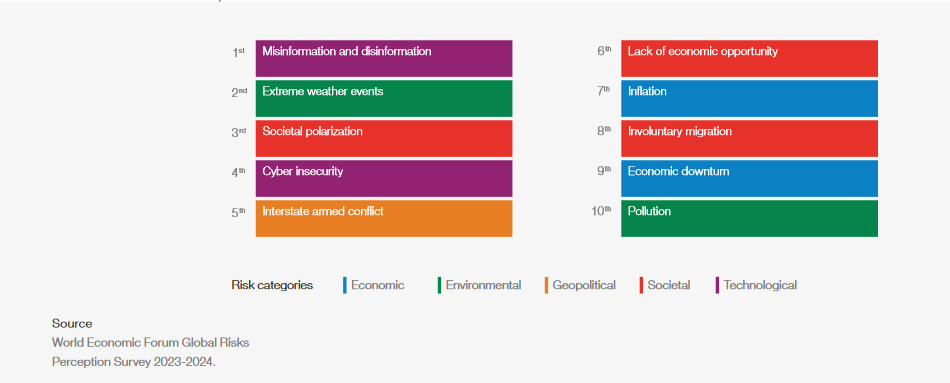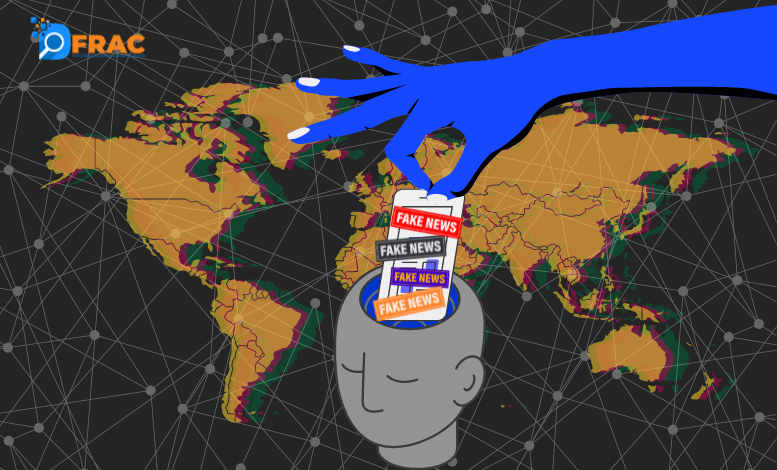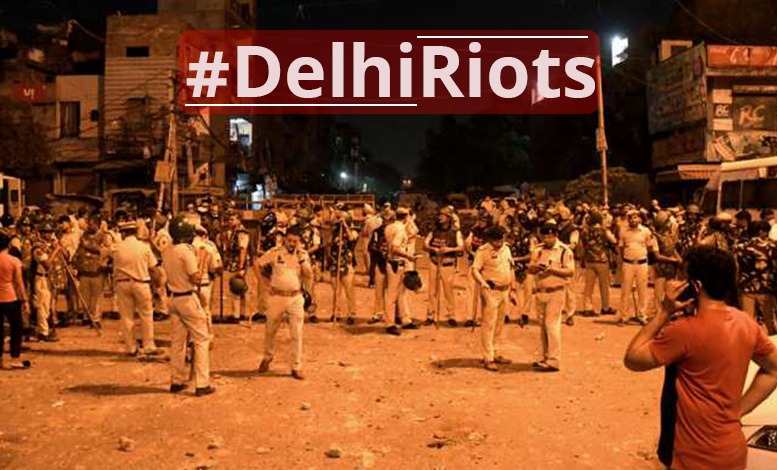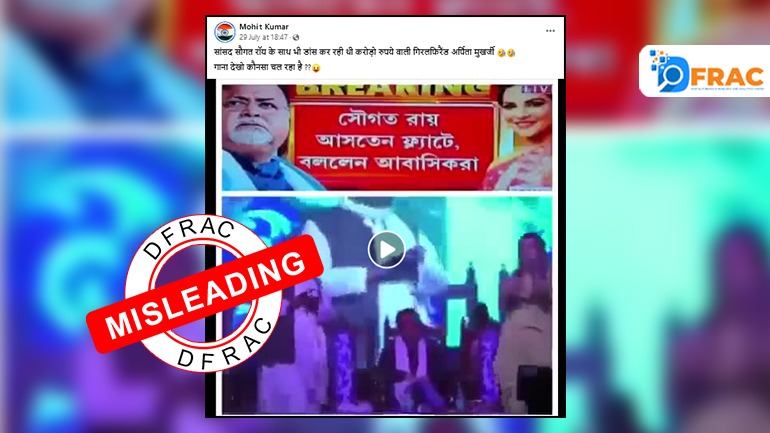On January 10, 2024, the World Economic Forum released its ‘Global Risks Report 2024,’ shedding light on major risks and their underlying causes for the year and beyond. Among the highlighted concerns, misinformation emerged as a top risk, resonating with the growing apprehensions of the general public. The prevalence of social media platforms such as Instagram, Twitter, YouTube, and messaging apps like Whatsapp and WeChat, have become the primary source of information for a significant majority. However, the credibility of the news disseminated through these channels is increasingly questionable. This issue is particularly significant as major economies, like India, the USA, Bangladesh, Indonesia, Mexico, Pakistan, and the United Kingdom, gear up for crucial elections, heightening the threat of misinformation. The survey also found that the risk of misinformation was the highest in India, and would be further exacerbated during the coming elections.
A pervasive distrust in mainstream media has led to the polarization of communities. In such an environment, individuals not only consider their own views as correct and opposing views as wrong but also inhabit entirely different realities. The reinforcement of these “opinions” as truth through false news, fabricated evidence, and individuals endorsing such viewpoints creates echo chambers that can have serious consequences, especially for minority communities. Creating and spreading fake news has become alarmingly simple, requiring minimal skills and not necessarily sophisticated tools. Techniques such as synthetic information and deep fakes have the potential to shape or shatter public opinions about political representatives. In India, the government’s response to fake news has taken an intriguing turn, relying on internet shutdowns rather than implementing anti-misinformation initiatives. The consequences of misinformation extend beyond individual opinions. State and non-state actors can exploit false information to deepen societal divides, undermine public trust in political institutions, and jeopardize national unity. Trust in specific leaders becomes intertwined with trust in the information they provide, granting considerable authority to actors ranging from conspiracy theorists and politicians to extremist groups, influencers, and business leaders who may act as arbiters of truth.
Factors such as low trust in news, a weakened public service media, a fragmented audience, and high social media use contribute to the proliferation of misinformation in the country. As the government considers regulatory measures, striking a balance between addressing misinformation and preserving freedom of expression becomes crucial in navigating the complex landscape of information dissemination.







